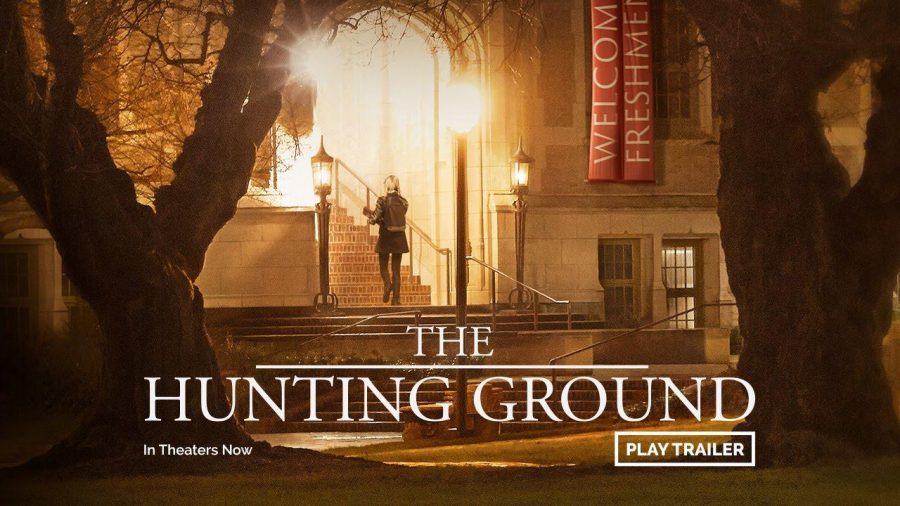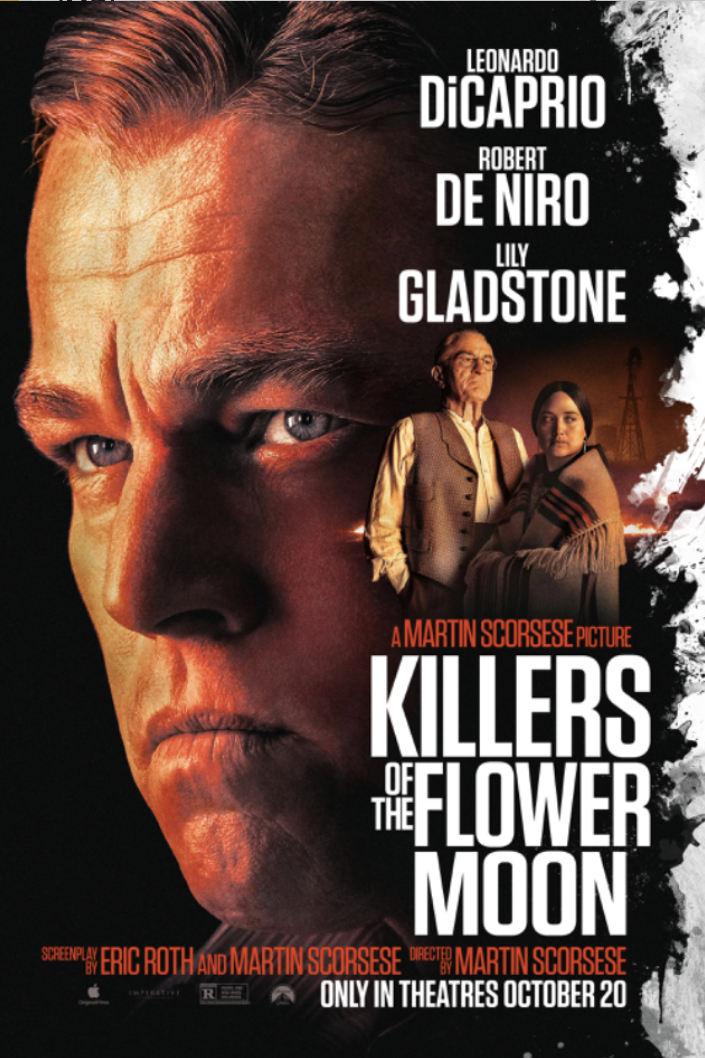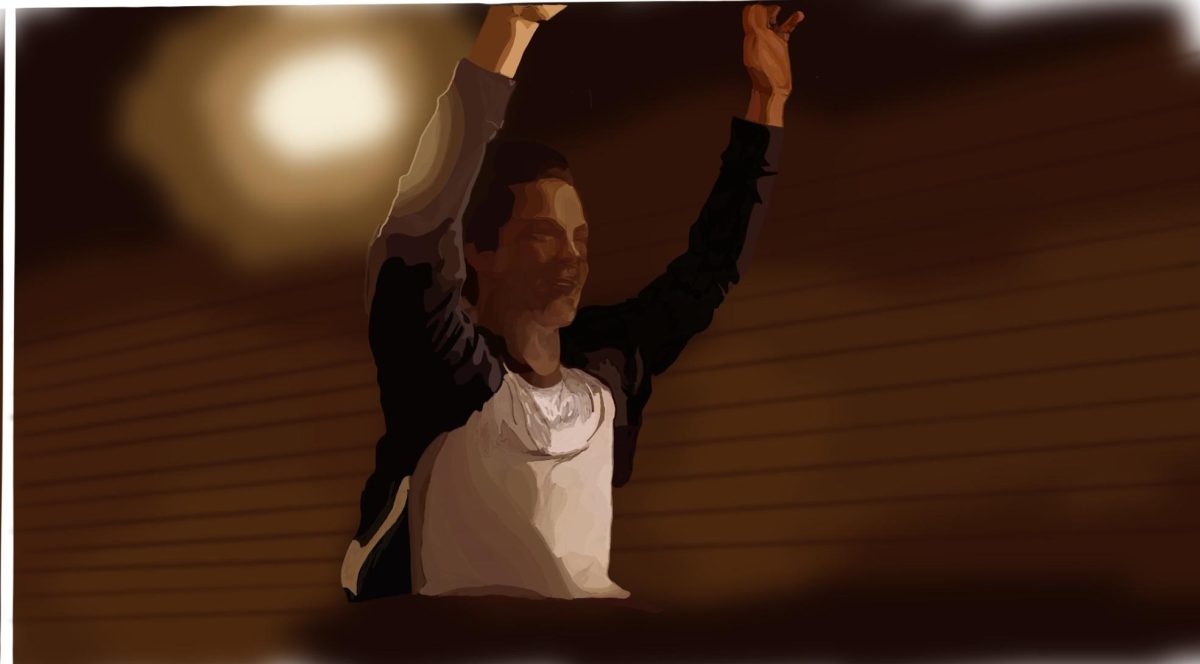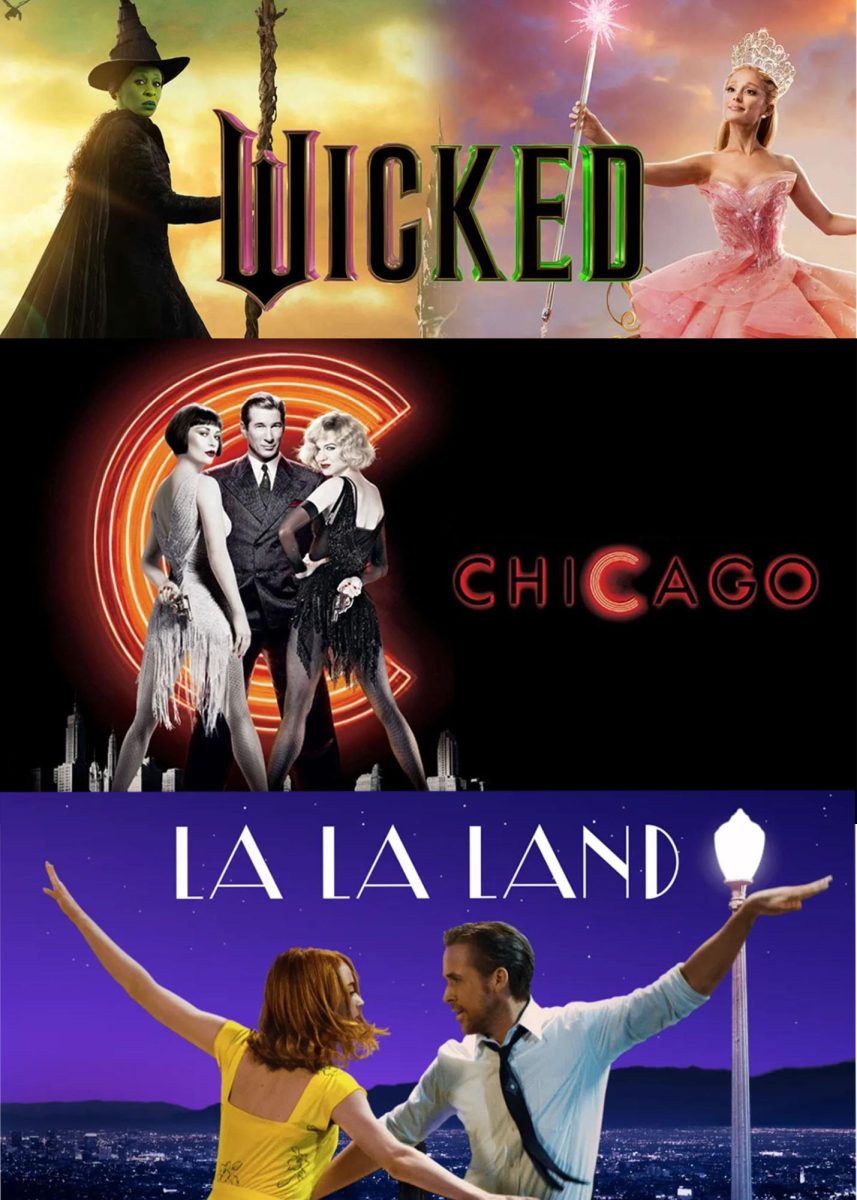Well-made documentaries have the potential to be wildly impactful on their audiences and can serve as a catalyst for great societal change. Award-winning film “The Hunting Ground” is a prime example of cinematic activism and is one of the most important documentaries to have been produced in the last few years. Although its release was in February 2015, its content is, unfortunately, still relevant. Bringing attention to the crime epidemic that is college sexual assault, the film sheds light on the way school boards handle sexual assault cases. The documentary reveals that for universities, maintaining a low crime record trumps aiding the victim and punishing the criminal. Victims who share their stories and attempt to find justice not only for themselves but for others are the reason why “The Hunting Ground” is so important and impactful. They speak up to draw attention so that real change will occur—hopefully in the near future—so that others will not have to face these horrors when they enter college.
“The Hunting Ground” draws attention to a problem that is difficult to discuss and amplifies the voices of survivors whom schools are attempting to silence. In order to do that, voices of real survivors are represented in the film, which emphasizes its message above and beyond. It proves to be extremely difficult to forget the words of those attempting to lead normal lives and regain their mental health, robbed from them by their assaulters. As a result of these survivor interviews, the movie is crushingly real and at points difficult to watch.
College sexual assault is an epidemic, and director Kirby Dick and producer Amy Ziering make it impossible to ignore. They took several different approaches to prove their point, each one emotional and unsettling, but all conveying the same message: Colleges in America are dangerous places, contrary to popular belief. Dick and Ziering take the classic, benign images of college—green lawns, brick buildings, friendly, welcoming student and faculty faces—and distort them. One of the most effective and unsettling parts of the film is the opening scene: a montage of students getting into their dream colleges and accepting diplomas in caps and gowns while a boastful “Pomp and Circumstance” plays. The eeriness of the scene, similar to the way that children’s music is often used in horror films to unsettle viewers, comes from the contrast of the joy and accomplishment of the song to the next few lines. A voiceover features several college officials giving welcome speeches to students on their first day, one of whom says, “As your parents learned when they dropped you off today. What happens in college stays in college…most of the time.” The lines are taken out of context and to viewers who are familiar with the documentary’s subject, the words raise goosebumps.
Another powerful tactic is the statistics and numbers the film employs. They are introduced throughout the movie, and although some of the numbers seem almost incomprehensible, the film backs them up with real-life stories. One of the last things that appears onscreen is a sobering reflection of the breadth of the issue: “If nothing changes, more than 100,000 college students will be sexually assaulted in the upcoming school year.” That number is incredibly large and difficult for those who are not personally affected to comprehend. However, the film’s interviews with numerous victims and survivors provide a chilling reality to these statistics.
The film also portrays a culture of reluctance to believe that survivors are telling the truth. One scene features interviewers asking several students leaving the stands at a Florida State University football game what they thought of fellow student Erica Kinsmen, who had left FSU after intense backlash. This negativity was directed toward her after she accused former FSU student and current Buccaneers quarterback Jameis Winston of assaulting her. Attendees at the game were supportive of Winston and described Kinsmen as “some girl [who] got jealous, wanted to be a part of the scene, you know….She was a liar;” they also claimed that every school with a “powerhouse football team has players deal with this.” The backlash against “The Hunting Ground” has been similarly harsh, with an abundance of articles reporting that the documentary is painting a false picture of assaults at colleges in this country. Several of these articles are dedicated to picking apart victims’ stories and attempting to find flaws in the film’s statistics but only aid the film in proving its point.
Documentaries have a goal of informing audiences about issues in society and spreading awareness. An effective activism documentary broadcasts a problem to spread awareness while giving a powerful and emotional account of the issue. Director Kirby Dick and producer Amy Ziering are well known for their activism documentaries, like “Outrage,” a 2002 film that exposed hypocritical politicians who belittled the LGBT community while being a part of said community, and “The Invisible War,” which uncovered sexual assault in the military. The two collaborated once again on “The Hunting Ground” to produce yet another powerful documentary that puts a spotlight on a problem in need of being addressed. “The Hunting Ground” is powerful, emotional and a crucial must-watch for documentary lovers and students preparing to enter the college world.















